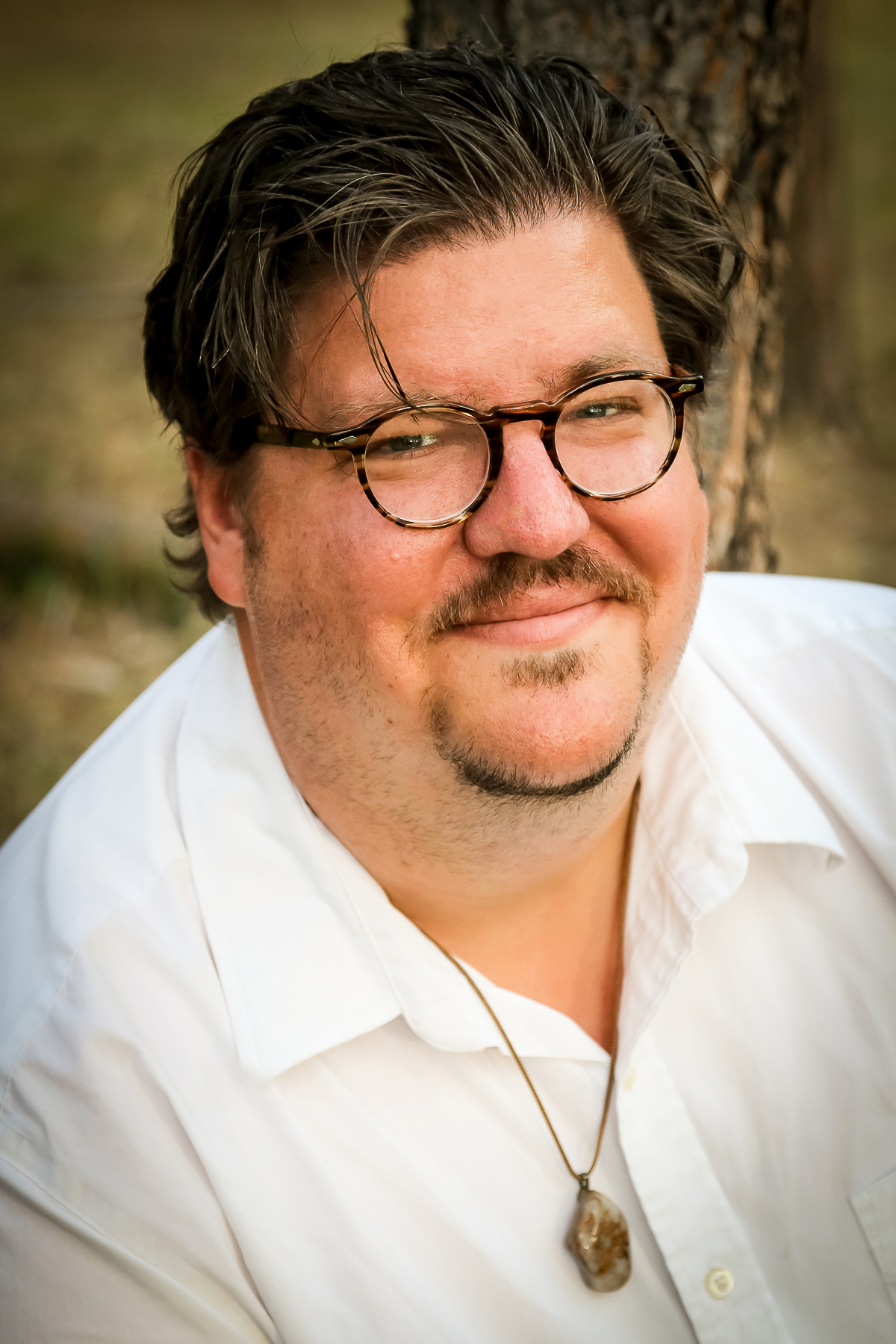What is the significance of a name?” I asked my 9-year-old son as I pondered the question myself. His quick reply was, “So people know who you are.” And then off he scampered free from the flood of thoughts that his truth inspired.
So people know who you are…
What’s in a name? Apparently quite a lot.
Hello. My name is Adam. My parents selected it from a book a distant relative assembled of our family’s history. The name “Adam” traditionally means earth, or better yet, dirt. (I guess it stands to reason that if I get wet, my name is Mud, and if I get dehydrated, then I am Dusty.) So perhaps it’s appropriate to say instead:
“Hello. My name is Dirt.“
I assume the family tree in that book did not stretch back to the first Adam, who himself is said to have been made FROM the dust of the earth. Scripture describes this birth in Genesis 2 thusly:
“And the Lord God formed man of the dust of the ground,
and breathed into his nostrils the breath of life;
and man became a living being.” (NKJV)
Though my bellybutton distinguishes me quite sufficiently from the original Adam, growing up it was not uncommon for jolly people at church to inquire of me as to the whereabouts of Eve. My appreciation of this joke diminished with repetition. And this would not be the only time I would struggle because of my name.
Only once in my memory of childhood did I have a fellow classmate named Adam, and I didn’t really like it. I don’t remember much, but I do recall thinking that he was smarter than me and had greater chances at wooing any girl in our class I may have wished would look my way. He didn’t have my mopish side-part haircut nor did he have large transition lens glasses that never quite fully “transitioned“ indoors. Sharing the same name brought a little extra tinge of comparison that existed anyways with all the other 8th grade boys, as I wrestled with both wanting to belong and also wanting to have a separate identity of my own.
That search for definition would draw me to things that claimed to give me insight into what makes me “tick.“ The promise of understanding oneself better is alluring to someone who struggles to see themselves apart from how they are reflected by the opinions of those in their community. When I would outsource my sense of self to others, I would feel a strong need to seek my value by achieving things that those around me valued. However, I also had a strong need for uniqueness, authenticity, and individuality.
To attempt to combine those seemingly paradoxical traits, you might say that I had a strong desire to be approved of for what was different about me. I suspect it may have been a defense mechanism when I felt incapable of achieving the base-line standards of normality that everyone else seemed to achieve with such ease. If I couldn’t meet people’s expectations, maybe I could find my value in giving them something they … weren’t expecting. My tumultuous sense of self would occasionally twist me up and jerk me around in opposite directions, very much like the two headed “Push-Me-Pull-You“ creature from the 1967 film Doctor Dolittle, especially when my two strong identity-based felt needs seemed to be in conflict.
If I have the need to be approved of, then to achieve it I may feel required to conform, perform, or conceal my incongruities so that others will validate me. But when my other need is for uniqueness, authenticity, and individuality, that part will often reject the first part for its falseness if any acceptance was achieved through conformity, performance, or concealment.
In essence, when the foundations of my identity are built on such shifting sands, then this Adam, this dirt, can quake and crack and break.
Jesus concludes His well-known “Sermon on the Mount“ in Matthew 5 with a parable about two builders. In choosing a location for their homes, one chooses wisely while the other chooses foolishly. The one who built on the rock survives the tumult that comes his way, but the one who builds on the sand does not. Jesus tells the crowd that what He’s given them in the previous verses is a firm foundation for living in a world with all-too-often shifting sands. But when we base our ultimate definitions of reality on things that are constantly in flux, we will constantly feel off balance.
Some shifting in life is, perhaps, unavoidable. We must learn and grow and change, and within that process sometimes what we’ve clung to will necessarily fall away. In our society we are challenging a lot of established foundations, and some of them, we are learning, were indeed faulty. But not everything ancient is inherently decrepit or worthy of dismantling. It takes honest discernment, not disdain, to test foundations, to prove their reliability. Honesty, not blind sentimentality, is needed when restructuring is required, and rededicated trust is called for when the anchors hold true. We must also proceed with humility when things are not that cut-and-dry, as most things often aren’t. This vulnerability is hard, and it takes true courage to let needed testing take its course rather than react with fierce defensiveness every time our identity is challenged.
For many, “culture war“ has defined the church based on our reactionary stances. The followers of Christ get bound up in a never ceasing defensive and confrontational posture against real, perceived, or imagined attacks to what it means to be a Christian today. Our posturing, and blustering, can blind us to what may be valid about each opportunity to examine ourselves. If we were honest about it, we would have to admit that our foundations, for whatever reasons seemed necessary at the time, are not always built only on the solid rock of God’s love.
When our foundations are laid elsewhere, we turn a blind eye and would rather ignore the growing cracks that seem so clear to those with eyes to see. We are easily hardened when faced with our failures to listen or understand the plight of those we commonly overlook. We have wrapped ourselves in partisanship, “pushing and pulling“ for our allies and against our enemies, regardless of who objectively may be “right“ on any given issue. We congratulate ourselves for our “purity“ while pushing out the very people Christ has welcomed in. When we lay our foundations in part on consumerism, nationalism, and achievement-based identities, they cannot hold the weight of such exhortations like “blessed are the poor in spirit” or “blessed are the meek.” They buckle when hyper-individualism clashes with the call to self-sacrifice and community. And being called to love our enemies’ tears from top to bottom what was built on a need to define ourselves by who our adversaries are and our constant pursuit of victory over those that have a difference of understanding.
When we as communities or as individuals build on foundations that are not meant to truly define us, we should not be surprised when our identities crack. When they do crack, we then struggle to remember who we are. We experience amnesia of the self.
We forget our name.
Or maybe we weren’t using our true name to begin with.
I have grown accustomed to “Adam,” and it pleases me greatly when people speak it with affection and appreciation. But that name was given to me by my earthly parents – parents who love me and want what’s best for me, who chose a familiar family name and assigned it to me at my birth and wrote it on my birth certificate. I am grateful for this name, but in the end of all things, the name, like me, will decompose into the dirt from whence it came. It is temporary, it is shifting, it is not ultimately lasting enough to be a primary foundation. For you see, I have another name … a name I cannot remember. It is a name the book of Revelation tells me I will be shown when this earth has quaked for the last time. A name that is written on a white stone. A foundation for my identity not bound by time and trends, nor human value systems and self-incrimination, nor entropy, nor the enemy but a name based on God’s complete knowledge of and perfect love for me.
I may not remember that name today, but I can believe it exists. I can believe that my identity is not defined by anything temporary that blows across my eyes today or tomorrow. I can trust that above the dark passing clouds the light shines eternal beyond the reach of the darkness.
The Light of the World defines who I am. So my mortal name may be Dirt. But unlike the dirt my body will become, my being will outlast my mortal body’s decay, just as and I will outlast my earthly name.
But how can I really know who I am if I don’t remember that name?
I don’t have to. I only need know who gave me that name. And if I know He is love and makes all things in love, and for love, and to become love … If God is our Father and if God is love … Well, love is a pretty good family name and a pretty good way to know who I am.
… and it’s a pretty good way to know who you are too.
Hello. My name is Love.
And hey! Look at that! We have the same name!
I really like that.
![]()
Featured image is courtesy of Chris Yang via Unsplash. We are grateful for his generosity.
Adam Nettesheim is Director of Fellowship for The Cultivating Project, and a columnist for Cultivating magazine. Through writing and illustrating, Adam seeks to pull on the golden thread that leads us Homeward. Adam is a ‘Multi-Media Specialist’ by day at a municipality in Colorado but his most important (and favorite) work is husband to his wife Sarah and father to his 3 children. His writing (and a few other things) can be found at https://adamrnettesheim.com/.
Leave a Reply
A Field Guide to Cultivating ~ Essentials to Cultivating a Whole Life, Rooted in Christ, and Flourishing in Fellowship
Enjoy our gift to you as our Welcome to Cultivating! Discover the purpose of The Cultivating Project, and how you might find a "What, you too?" experience here with this fellowship of makers!


That was lovely. Thank you.
Adam, I love this. Thank you for writing such an exquisite piece that helps me love my name a little bit more as I love your name more, too. What a wonder the gift of your words are!
Thanks so much Karyn & Lancia!
I am appreciating the timing of this today, both for myself but also as I raise a preteen & teen. I’m thankful for the reminder of the shaky ground we stand on when we are either seeking approval or trying to prove our uniqueness, and the picture it helps me present to my girls (and myself) of resting in our true name.
May our home be a place where that firm foundation is built!
Thank you Emily! And thank you for giving your girls the gift of helping them remember their true name.